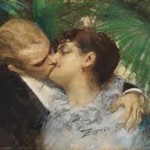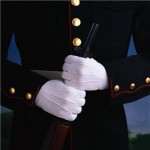Over the weekend, I had the opportunity to hand the ARC (Advanced Reader Copy) of my novel, The Fence My Father Built, to a professor at our local University of Oregon. Thanks to Facebook and a friend of a friend, I learned that this prof has an interesting tie to my novel’s subject of Northwest American Indians, specifically the Nez Perce and Warm Springs tribes. Her great-grandfather was a close friend of the real Nez Perce Chief Joseph. As I handed her the book, she told me that Chief Jospeh, whose father Joseph the Elder was a devout Christian, renounced Christianity toward the end of his life. I was straightforward with the professor about my book’s “inspirational” content, but I assured her the characters do not portray actual persons. I hope the tribe doesn’t think I was trying to paint them as all being converts. One of the questions I hit on is whether Native Americans can practice Christianity as well as keep their Native heritage intact. In Joseph’s case, his rejection of Christianity came about as a result of the white’s insistence he not practice the “Dreamer” religion of his people’s tradition. I can’t say I blame poor Chief Joseph, because promises were broken time after time. I hope the professor reading my book doesn’t make the mistake the white missionaries did in Chief Joseph’s time: that of equating mortal (bad) behavior with the spiritual belief itself.
Writing Tip for Today: When you write, you want to reach as many readers as possible. If you lean too hard on the message, you’ll end up preaching to the choir. Write the best book you can, and don’t try to teach. Let your readers discover their own conclusions. If you write “inspirational” books, let God do the talking.




